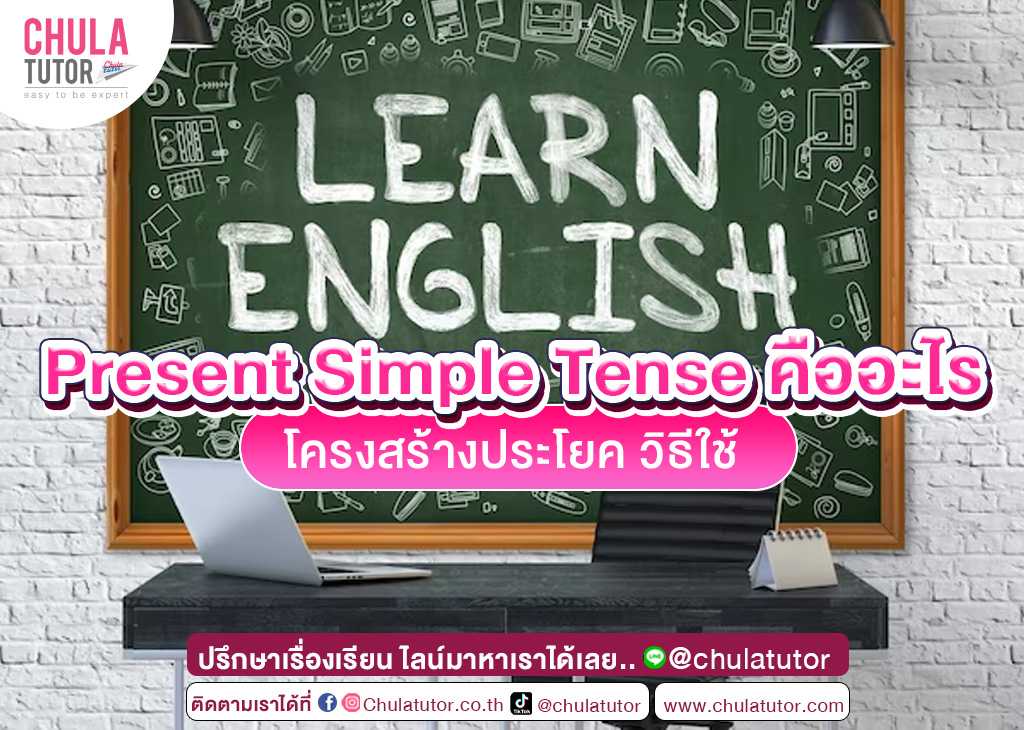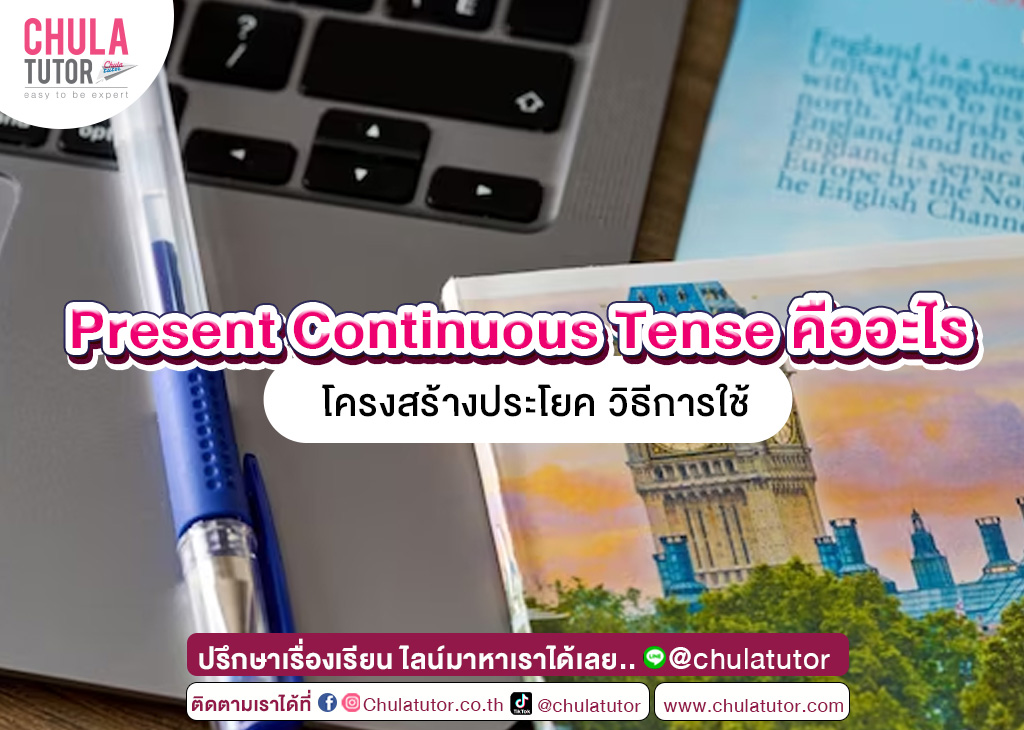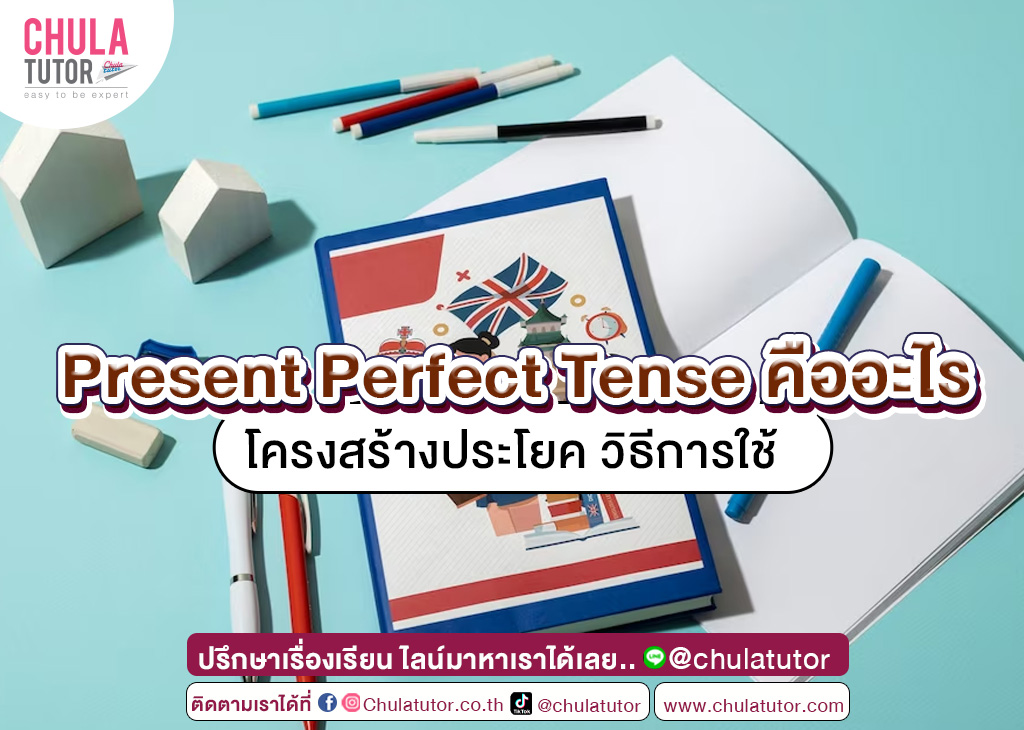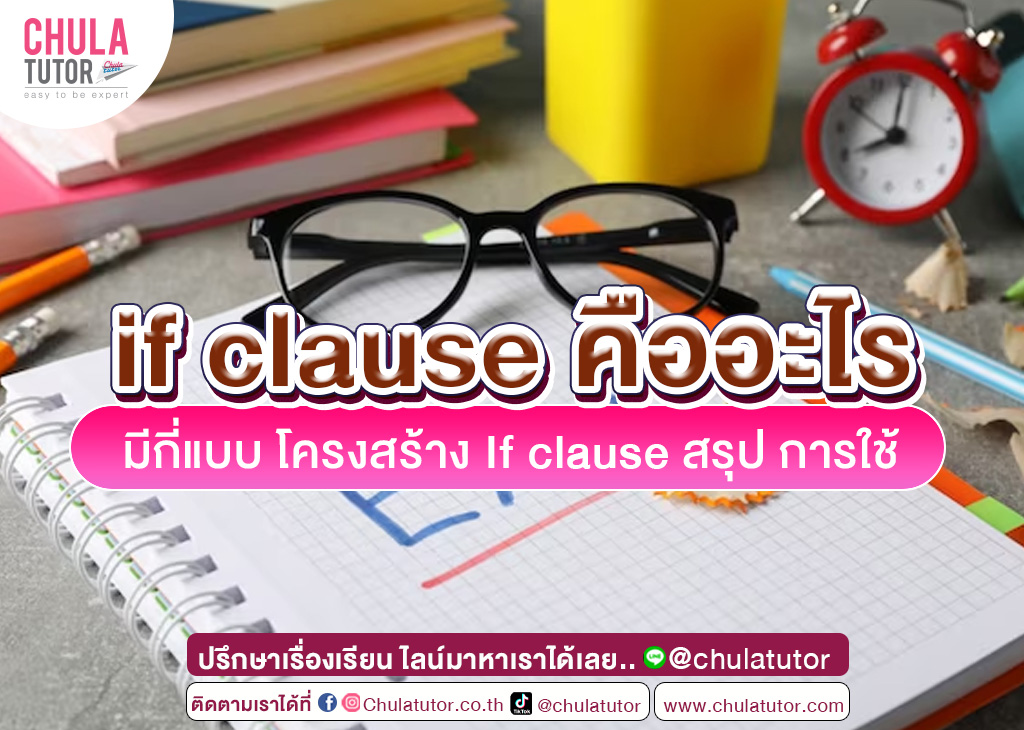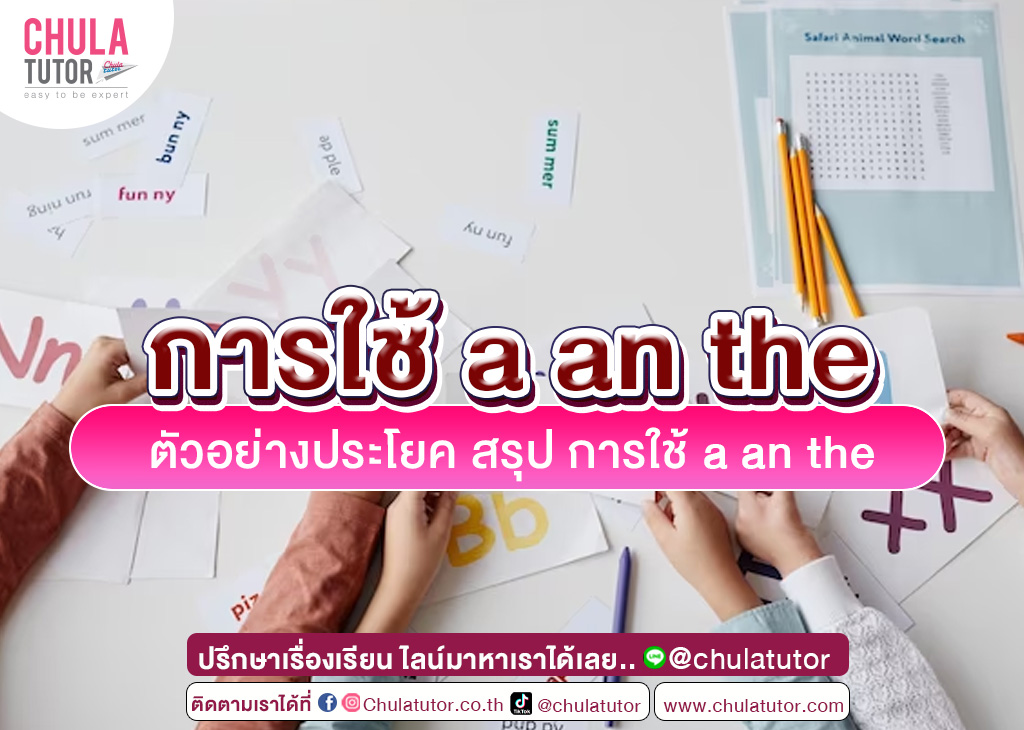เจ้า Infinitive คืออะไร ?
V.Infinitive คือ กริยาไม่แท้ชนิดหนึ่งที่เราใช้กันในภาษาอังกฤษ โดยรูปของมันก็คือรูปเพียวๆ ของกริยาเลยครับ ไม่ผัน ไม่ทำเป็นพหูพจน์อะไรเลย V.Infinitive ก็มีด้วยกัน 2 รูปแบบ คือ แบบที่มี to กับแบบที่ไม่มี to ทั้งสองแบบนั้นก็มีวิธีการใช้ที่แตกต่างกัน ลองไปดูกันเลยค่ะ
Infinitive คู่ to
Infinitive คู่ to มีหน้าที่ดังต่อไปนี้
- เป็นคำนามและทำหน้าที่เป็นประธานและกริยาของประโยค
ตัวอย่าง :
To watch movies is my favorite hobby.
Chompoo loves to watch movies with her husband. - เป็นคำคุณศัพท์
ตัวอย่าง :
Gina has a lot of works to do today. - เป็นคำกริยาวิเศษณ์
ตัวอย่าง :
Peter comes to buy a gift for his wife.
เมื่อไหร่ที่เราจะใช้ Infinitive คู่ to
- เมื่ออยู่หลังกริยาต่อไปนี้ attempt, afford, agree, appear, arrange, care, decide, deserve, determine, fail, forget, happen, hesitate, hope, hurry, intend, learn, manage, offer, plan, prepare, pretend, promise, prove, rail, refuse, seem, threaten
ตัวอย่าง :
Paul agrees to invest in this project.
She refuses to come with him. - เมื่ออยู่หลังหริยาต่อไปนี้ ในโครงสร้าง ประธาน + กริยา + กรรม + to + advise, allow, cause, challenge, command, encourage, force, get, instruct, invite, lead, order, persuade, remind, teach, tell, urge, warn
ตัวอย่าง :
The teacher reminds the students to review the lessons.
The General encourages his soldiers before the task. - เมื่ออยู่หลัง question words ได้แก่ what, where, when, why, who, how
ตัวอย่าง :
We don’t know where to leave our luggage.
This TV channel will teach you how to cook easy menu.
Infinitive ไม่มี to
เมื่อไหร่ที่เราจะใช้ Infinitive แบบไม่มี to
- เมื่ออยู่หลัง Modal Verbs ได้แก่ must, need, may, might, can, could, will, would, shall, and should
ตัวอย่าง :
You must wake up at 6 am. otherwise you will go to school late.
Everything might be better.
Katie could go to a club tonight. - เมื่ออยู่หลัง “had better” และ “would rather”
ตัวอย่าง :
It is going to rain, you’d better bring an umbrealla.
Sompob would rather drink coffee than tea. - เมื่ออยู่หลังกริยา “let, make, have, help + กรรม (คน)”
ตัวอย่าง :
Can you help me finish this job?
Ploy has the hairdresser dry her hair.
The movie was very funny. It made me laugh. - เมื่ออยู่หลังกริยาแสดงการรับรู้– see, hear, feel + กรรม
ตัวอย่าง :
He saw the lights turn on.
Can you feel the house shake?
ทีนี้ เราก็เห็นแล้วว่า Infinitive คู่ to กับ Infinitive ไม่มี to ใช้ต่างกันอย่างไร เราใช้ไวยากรณ์เรื่องนี้กับการพูดภาษาอังกฤษทั่วๆ ไปอยู่แล้ว และแน่นอนในข้อสอบ TOEIC ซึ่งเป็นการทดสอบภาษาอังกฤษที่ใช้ในชีวิตประจำวันก็ต้องมีเรื่องนี้อยู่ในข้อสอบอย่างแน่นอน ผมอยากจะแนะนำให้อย่าเพียงแต่พยายามที่จะจดจำว่าคำไหนใช้อย่างไร แต่อยากให้ฝึกใช้ด้วย ว่าแต่ละคำควรใช้เมื่อไหร่ ใช้คู่กับคำอะไร เพราะเมื่อเราเกิดความเคยชินจะทำให้เราใช้ไวยากรณ์เหล่านี้ได้อย่างคล่องแคล่วและถูกต้องครับ ยิ่งใช้มากก้ยิ่งจำได้มากตามไปด้วย เพราะทักษะทางด้านภาษาเป็นเรื่องที่ต้องใช้บ่อยๆ เพื่อให้เกิดการพัฒนาครับ แล้วเจอกันฉบับถัดไปครับ


